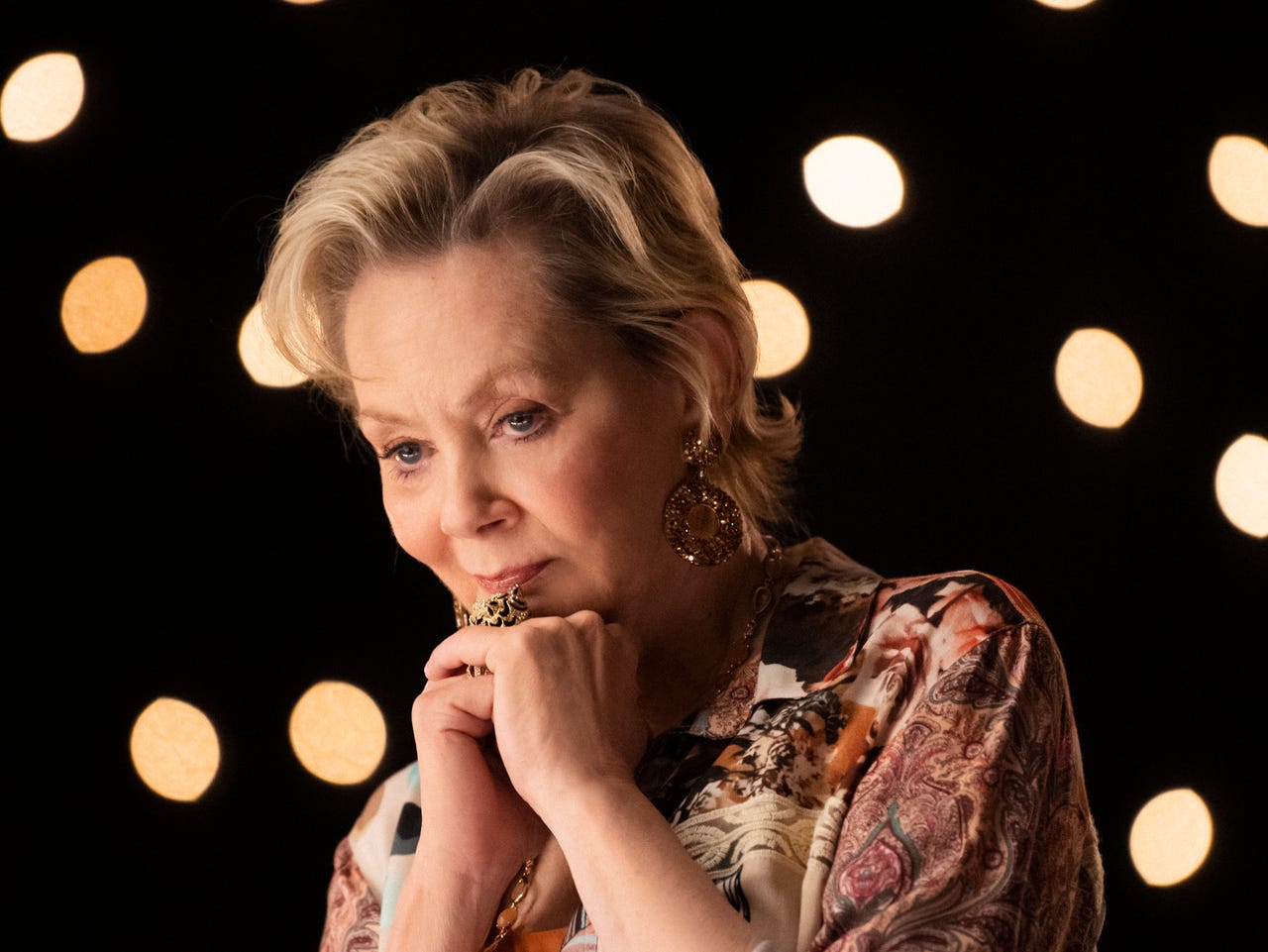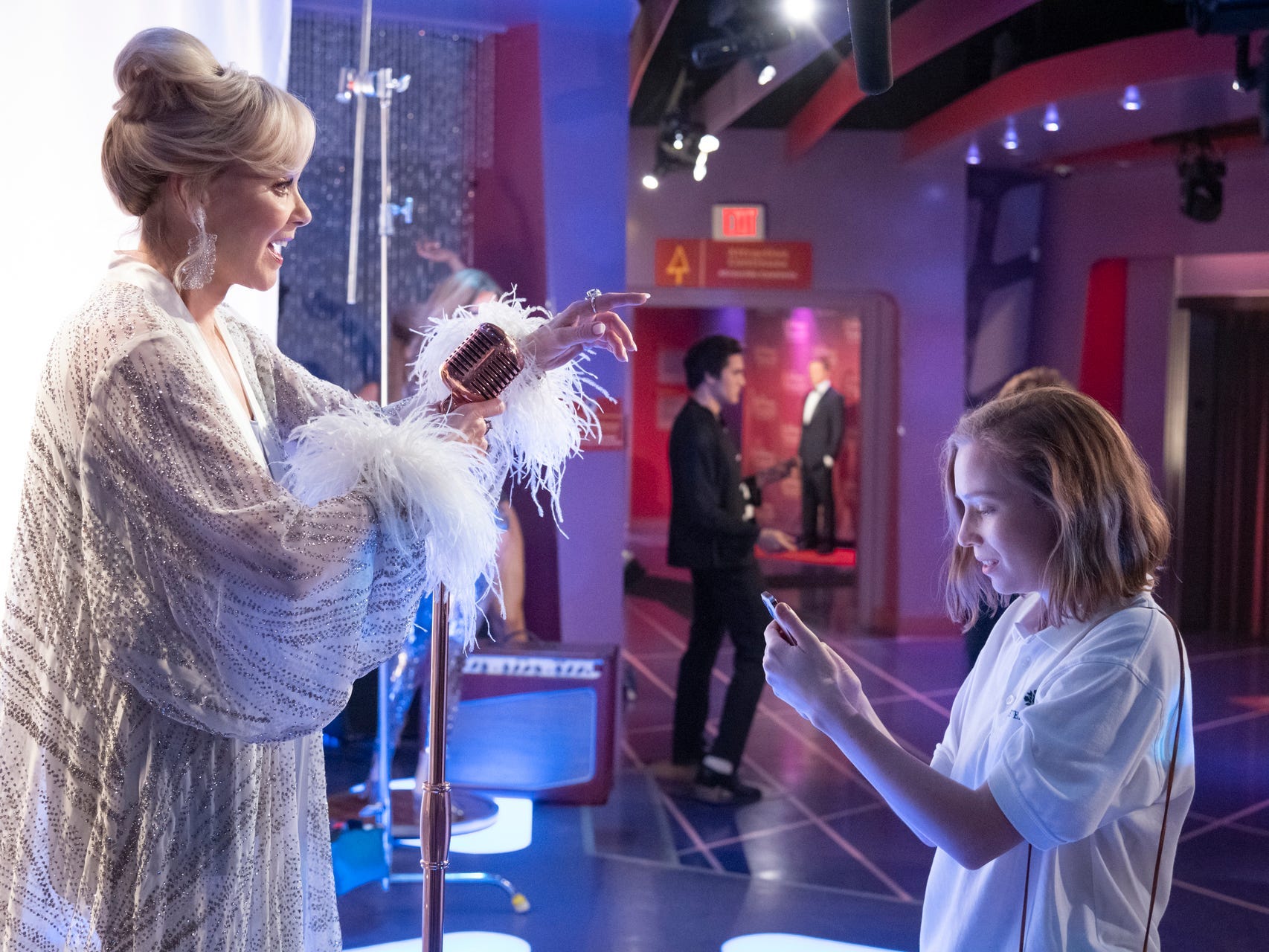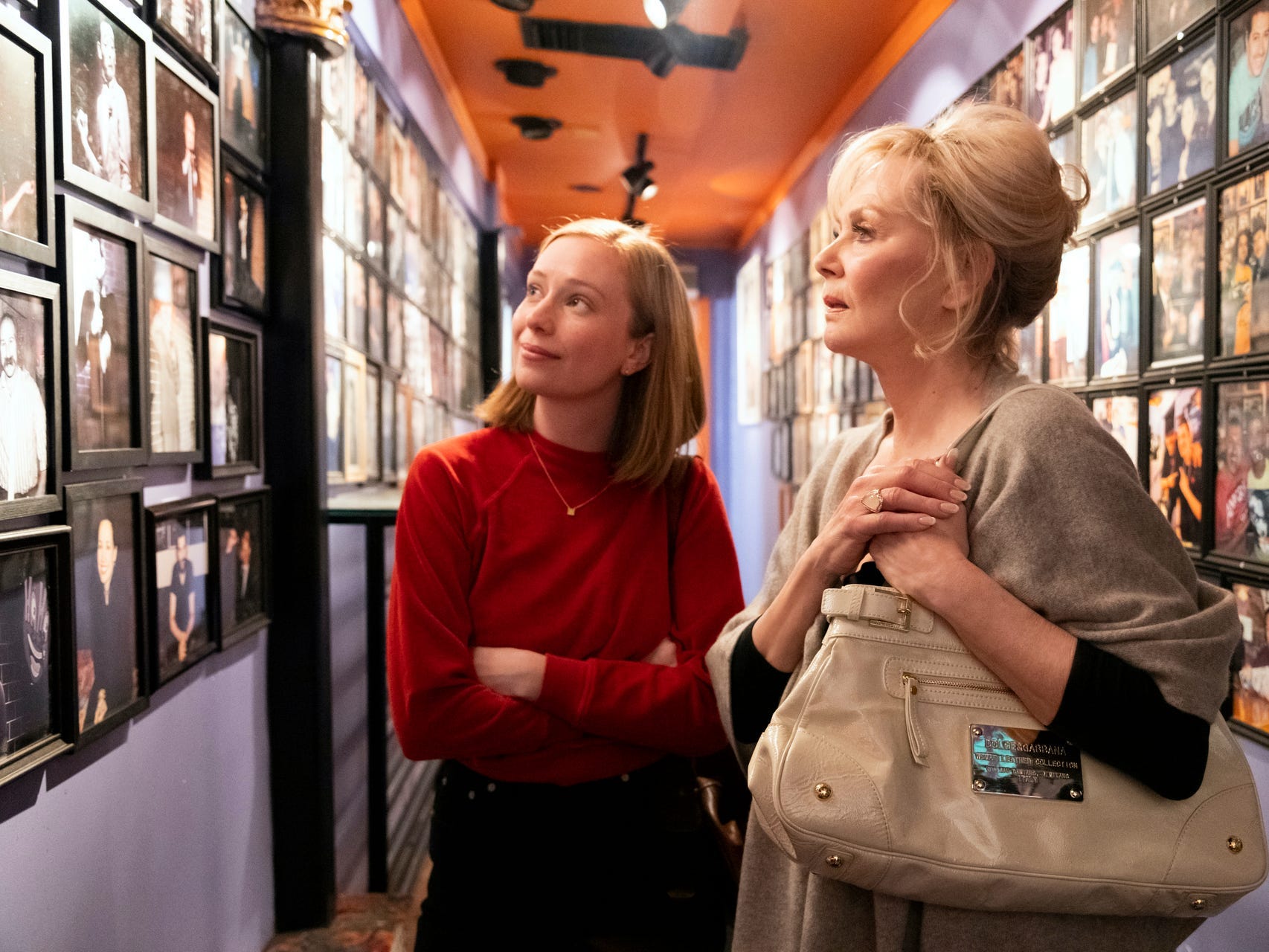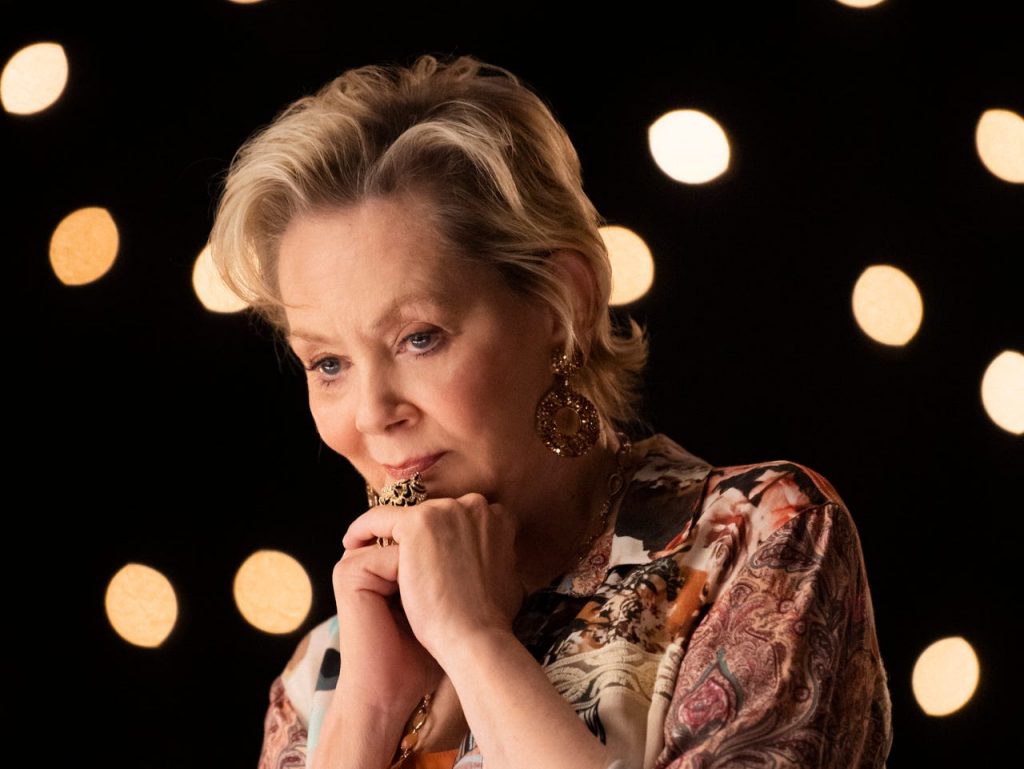
HBO
- "Hacks," an HBO Max original starring Jean Smart, is the best comedy of the year.
- The series, just renewed for a second season, is whip-smart, biting, and thoroughly satisfying.
- The show's success ultimately lies in the way it strikes a balance between its two leads.
- Visit Insider's homepage for more stories.
The best HBO series of the year (so far) isn't "Mare of Easttown," though the Kate Winslet-starring thriller about murder and family in a hardscrabble Pennsylvania town may have dominated entertainment headlines this spring.
In truth, that title belongs to "Hacks," the whip-smart, biting, and thoroughly satisfying comedy that's streaming on HBO Max and quietly emerged as one of the most surprising, thoughtful series you'll see this year.
Given the somewhat messy rollout of HBO Max, viewers might be forgiven for not knowing the platform features original series, like "Hacks," that can't be found on their standard cable dial. But it's actually the home of some of the network's riskiest and most interesting offerings, from uncomfortable dramedy "I Hate Suzie" to reality competition "Legendary" to science-fiction epic "Raised by Wolves."
Despite being a straight-to-streamer original for the legacy network, "Hacks" (which just announced a second-season order) is the latest in a long line of prestige HBO series about complicated women who are allowed to be as unapologetically selfish, messy, conflicted, and unlikable as they would if they were men. (See also: "The Undoing," "Euphoria," "The Flight Attendant," the aforementioned "Mare of Easttown," and more.)
Heartbreaking and hilarious by turns, the series is a comedy about the art of making comedy, but it's also a story about sexism, ageism, and clashing generational attitudes, all told through a distinctly feminist lens.
In the most basic sense, "Hacks" is the story of very different women: Legendary comedian Deborah Vance (Jean Smart), a Las Vegas diva in the twilight of her career, and Ava (Hannah Einbinder), an up-and-coming LA writer forced to work for Deborah after an ill-timed tweet sees her ostracized in Hollywood.
The odd couple pairing that results is a tale as old time in the world of sitcoms, but "Hacks" manages to use it to tell a story we haven't really seen before.

Anne Marie Fox/HBO Max
Neither of these women are particularly sympathetic characters: Deborah is rude, relentless, and emotionally withholding, while Ava is a shameless careerist who's self-involved and lazy.
Yet, the pair work whenever they're onscreen together because "Hacks" doesn't just center their generational differences for laughs. The show uses their experiences to explore the ways that a generation of supposed growth and increased equality for women hasn't really changed much in the world of entertainment.
Sure, their humor reflects the world that each has come up in. Deborah prefers jokes with a punchline, often with a self-deprecating streak that masks painful truths. One such bit is the way she's allowed the world to believe she burned down her husband's house, embracing the untrue label of a crazy ex because at least the lie got her gigs.
She hails from a generation that's been taught to grin and bear pain, rather than share those experiences with others. To her, the most important thing about a joke is that it's funny - not that it's necessarily true.
Ava, for her part, prides herself on being unfiltered and honest, leaning into the sort of weird, uncomfortable humor that plays well on social media or leaves audiences unsure of whether they're supposed to laugh at all. For her, comedy is meant to say something, and if it doesn't, there's not much point to it.
That both these women will come to ultimately understand each other's sensibilities and points of view is a foregone conclusion - it's practically why the show exists, after all. But "Hacks" deftly strikes a balance between its two leads, accepting both for who they are.
This is a show that could have mocked Deborah as old and out of touch, always a step behind Ava's modern zingers. Or it could have punched down, using Ava as another reason to trash millennial culture, citing comedy as just another thing her generation has destroyed.
Instead, it does neither. "Hacks" embraces the humanity in both characters, and never casts either as the butt of the jokes it's telling.
Moments that could make for unkind laughs - Deborah's habit of seeking validation aboard tour buses packed with out of towners, Ava's uncomfortable run-ins with former writing colleagues - are instead used to illustrate the vulnerability each desperately tries to hide.

Anne Marie Fox/HBO Max
This show isn't interested in watching two women fight each other for comedic superiority. Instead, it delicately explores the unspoken challenges facing women in an industry dominated by men, one that's never seen them as equal and still doesn't, even now.
Deborah has blazed a path through an industry that didn't believe she deserved to have a career in the first place. Ava may have benefited from that, but it doesn't mean her journey hasn't been without its own - unfortunately similar - struggles. And neither woman is allowed the creative freedom or opportunities she would have if she were a man.
Perhaps this careful duet wouldn't work with lesser actresses, but luckily the show's two leads are phenomenal together, carefully balancing biting humor and subtle emotion to create a perfect cocktail of hilarious wit and deep emotional truths.
Smart, in particular, is a revelation, as commanding and at ease in this role as she's ever been in anything (and with her resume, that's saying a lot). Her Deborah is fantastically layered, hysterically funny, and surprisingly empathetic, and Smart steals virtually every scene she's in without overpowering her costars.
"Hacks" isn't just a story about the jokes we tell, but also what humor says about us - how it reflects both the society we come from and the one we're working to build. That this show so easily does both is why we should be even more excited to see where it goes next.
